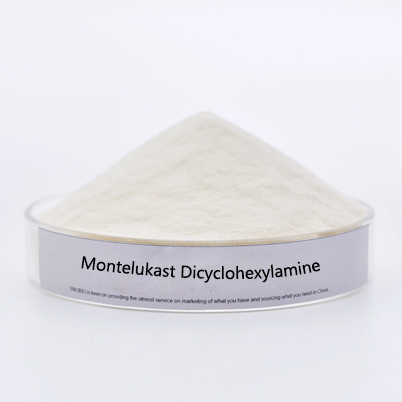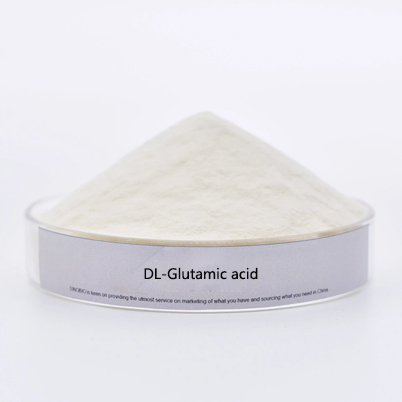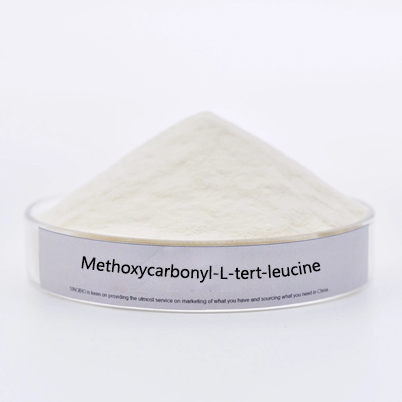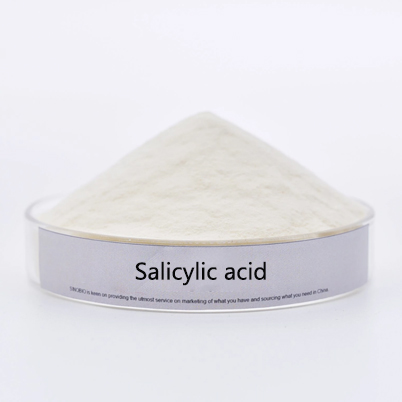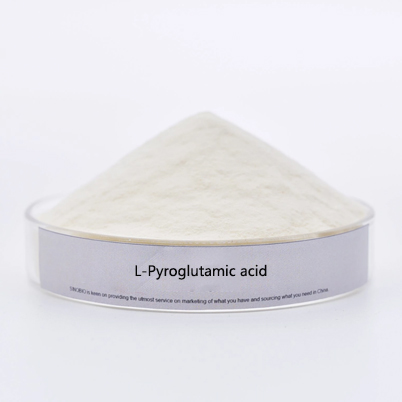- E-mail : info_medicalmarketing@jindunmedical.com
- Phone : +86 21 64057580
- Address : Shanghai China
Reducing GI damage and replacing aspirin with clopidogrel, what to look for
D-(+)-Methyl-alpha-(2-thienylethamino)(2-chlorophenyl)acetate hydrochloride is used as the intermediate of Clopidogrel .
Clopidogrel is used as an inhibitor of platelet aggregation and for atherosclerosis. Used as an anticoagulant.
An elderly friend with coronary heart disease told me that he has been taking aspirin to prevent myocardial infarction, but his gastrointestinal function is not good and he is more uncomfortable after taking aspirin, can he switch to clopidogrel?
I said that both aspirin and clopidogrel are commonly used as anti-platelet aggregation drugs, and both can prevent myocardial infarction and cerebral infarction. In the process of use, aspirin is a little more damaging to the mucous membrane of the digestive tract, and people who cannot tolerate the adverse effects of aspirin can consider using clopidogrel as an alternative.

However, there are some issues to be aware of when using clopidogrel.
I. Clopidogrel that requires biotransformation to be effective
Clopidogrel is a drug that is inactive by itself, but after being absorbed by the body and metabolized by the liver drug enzyme CYP2C19, active thiol metabolites are released. In other words, clopidogrel is a precursor drug that needs to be biotransformed by the body before it can exert its antiplatelet activity.
During the biotransformation of clopidogrel, CYP2C19 enzyme activity plays a decisive role. There are genetic differences in enzyme activity, and about 13% of people in China have a "slow metabolism" of CYP2C19 enzyme, which may affect the efficacy of clopidogrel.
However, some studies have shown that despite the genetic differences, clopidogrel has a good preventive effect on cardiovascular diseases and can replace the effect of aspirin.

Second, it cannot be used in combination with the hypoglycemic drug Repaglinide
People with diabetes who are taking Repaglinide to control their blood sugar are not recommended to take clopidogrel. Because after absorption, only 15% of clopidogrel will be converted into active thiol metabolites, the remaining 85% will be converted into inactive carboxylic acid metabolites, but the carboxylic acid metabolites will have an inhibitory effect on CYP2C8 enzyme.
The CYP2C8 enzyme is the main metabolizing enzyme of Repaglinide, and when it is inhibited, it will cause Repaglinide to accumulate in the body and stimulate insulin secretion, which will increase the risk of hypoglycemia.
Therefore, it is not recommended to use clopidogrel for those who use Repaglinide, but to replace clopidogrel with Tigretol, or to adjust Repaglinide to nateglinide or Miglinide.
Choose the right "lazol" drug
Clopidogrel has fewer GI adverse effects than aspirin, but may damage the GI tract. People with GI risks can protect their GI tract with acid reducers when using clopidogrel.
It is important to note that when using proton pump inhibitors (various "razole" drugs) to reduce gastric acid secretion, avoid using omeprazole and estramiprazole. Because the two drugs need to be metabolized by CYP2C19 enzyme, they form a competitive relationship with clopidogrel, which leads to a decrease in the production of active metabolites and reduces the inhibition of platelets.
If it is necessary to combine with proton pump inhibitors, you can choose drugs such as rabeprazole, lansoprazole, pantoprazole, which will not affect the activation process of clopidogrel.
Fourth, clopidogrel is more suitable to be taken after meals
In the drug specification, clopidogrel can be "taken with or without food", which means the effect of the drug is not affected by food. However, a research article in the Chinese Journal of Pharmacology points out that when clopidogrel is taken after a meal, although the time to reach peak drug concentration is prolonged, the peak concentration is higher, bioavailability is better, and clopidogrel resistance is less likely to occur.
Therefore, it is recommended that clopidogrel be taken within 15 minutes after a meal to increase the effect of the drug. The regular dose of clopidogrel is 75 mg once daily and should be maintained on a long-term regular basis. If a missed dose occurs and is detected within 12 hours, one additional dose should be taken immediately; if the missed dose is detected more than 12 hours later, the next dose should be taken as normal and not doubled.
To sum up, people with poor digestive function can replace aspirin with clopidogrel to reduce the damage to the digestive tract. However, when using the medication, attention needs to be paid to the interaction with other drugs and the choice of the specific time to take the medication. The medication should be used under the guidance of a doctor. If you are in doubt about the use of the medication, please consult your doctor or pharmacist.
PRODUCT TAGS
(S)-N-[2-(2-THIENYL)ETHYL]-2-CHLOROPHENYLGLYCINEMETHYLESTERHCL;S(+)-N-(2-(2-THIENYL)ETHYL)-2-CHLOROPHENYLGLYCINEMETHYLESTERHCL;2-Chloro-N-[2-(2-thienyl)ethyl]-D-phenylglycineMethylesterhydrochloride,Chemicalbook98%;(S)-(+)Methylα-(2-thienylethylaMino)-(2-chlorophenyl)acetateHCL;ClopidogrelInterMediate;(+)-2-2-Chlorophenyl-2-(2(thiophene-2yL)GlycinemethylEsterHcl;ClopidogrelImpurity9HCl;-2-((2-(thiophen-2-yl)-
date
2022-10-09
-
location
Shanghai, China






































